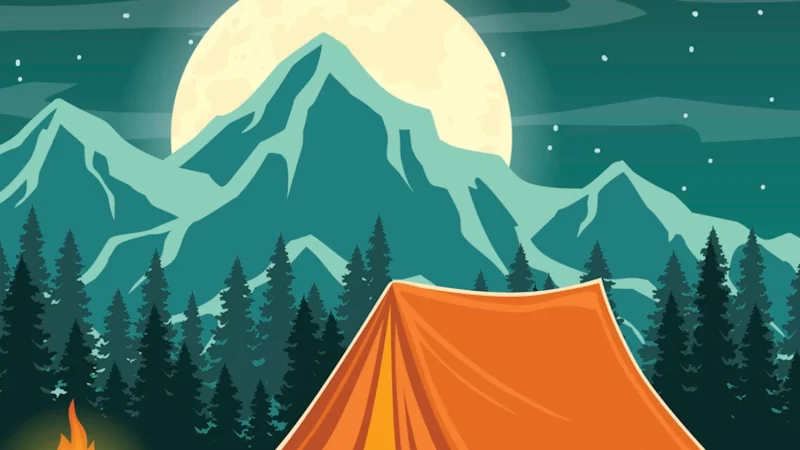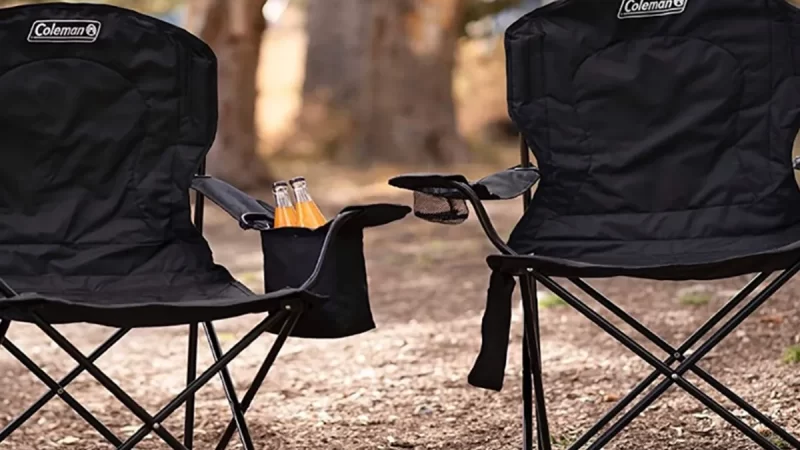Outdoor Survival Skills Tips Tricks and Essential Know-How for Camping and Hiking

There are some survival skills every outdoorsman should know. These tips and tricks will help you survive in the wilderness and give you peace of mind while camping.
Knowing how to start a fire is one of the most important survival skills. Knowing how to build a shelter is also crucial. You should also practice setting snares and survival fishing techniques.
Know Your Environment
A knowledge of outdoor survival skills can seem like useless trivia at times, but it will save you if you find yourself in a tough situation. Whether you are dunking your sleeping bag in a stream or missing a trail marker in a Wilderness area, having the right tools to protect yourself can mean the difference between life and death.
Having basic first aid training can help you treat common ailments such as a sprain, cut or heatstroke. But knowing the basics of CPR, how to control a bleed and what to do in a serious emergency will make you much more prepared for anything that comes your way.
Having the ability to survive in the wilderness comes down to three things: food, water and shelter. Researching your destination and familiarizing yourself with the terrain, weather conditions, and wildlife will help you prepare. It is also important to have a positive mindset and believe that you can survive any challenge you may face in the outdoors.
Know Your Gear
Whether you’re a first-time car camper or thinking of taking it to the next level with backpacking, knowing your gear and what you’ll need is key. Read reviews of big ticket items like tents and backpacks on reputable outdoorsy websites, and consider giving retailers a call to ask about their products.
A pocket knife is a must-have for any camping enthusiast, as it’s the ultimate multipurpose tool. It can be used to cut rope, dice food, shave bark from sticks for kindling, open a tightly sealed package or tighten a screw. For the survivalist it’s also an important tool for trapping and fishing for food, and finding nutritious and medicinal plants in nature. Communication with others, or even with yourself when lost, is also important, and knowing the common distress signals like three fires or piles of rocks in a triangle, or whistle blasts is key. Some bushcrafters avoid communicating with anyone at all, but if you’re going into dangerous or remote areas, it may be wise to bring along a satellite emergency notification device like a personal locator beacon or a GPS.
Know How to Build a Shelter
One of the most important survival skills to learn is how to build a shelter. In a wilderness emergency, this could save your life by providing protection from wind, rain, and cold.
Start by finding a flat area away from water sources and any flood zones. Also, avoid the tops of hills and ridgelines as they can be exposed to harsh winds. Instead, look for military crests, natural windbreaks, and thickets of dense vegetation that can block the wind.
Next, gather forest humus, duff, and dead leaves or pine boughs to lay on the ground as insulation for your survival shelter. This will separate you from the ground, keeping it from sucking all your body heat and protecting you from drafts. To make your tarp shelter more weatherproof, prop a stick up in the center of the tarp to create a peak and allow rain to fall off of it rather than pooling inside. Also, secure the corners of your tarp with a simple jam knot lashing (one of the 5 wilderness knots you should know). This can prevent it from blowing off in the wind or collapsing during the night.







